
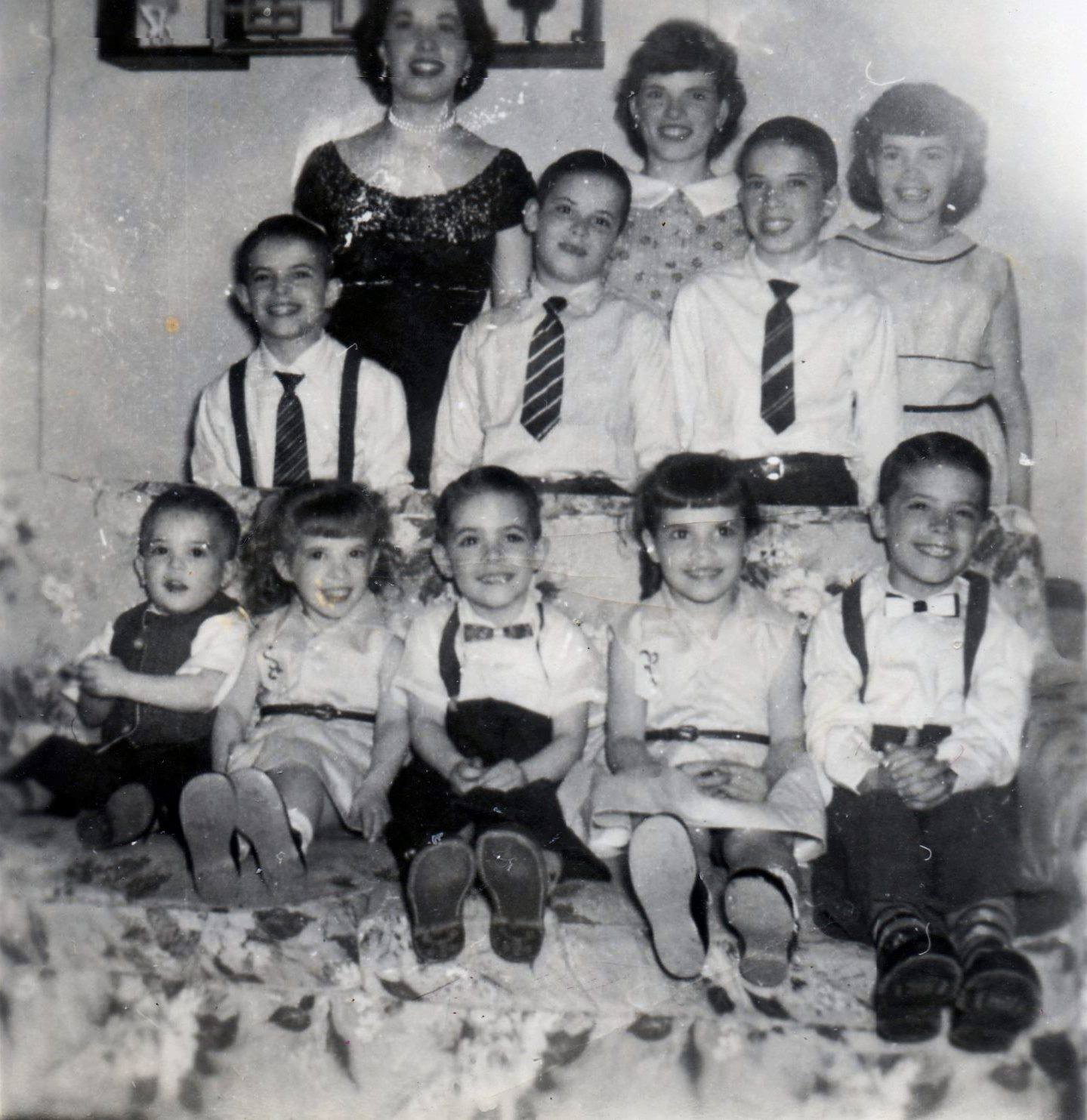
I was born in the vibrant heart of New York City, where my earliest memories are of the majestic Brooklyn Bridge stretching across the East River, a beacon amidst the bustling life of the city. Growing up, I was captivated by the city's pulse: the street vendors with hotdogs sizzling on their carts, the iconic “Avenue” lined with shops, and people streaming through the streets in every direction, as if choreographed in a symphony of chaos. Car horns filled the air, the city's noises becoming a part of daily life. For a young kid, it was intimidating, a world alive with sounds and smells that left a lasting imprint.

Growing up, I struggled with my weight. I was a “husky” kid, and I didn’t think much of myself back then. In the 1970s, nutrition advice was limited, and the guidance I had was simply to avoid “fatty foods.” But food was more than fuel; it became my comfort. Whenever life got tough, I turned to it, trying to fill an emptiness that seemed impossible to satisfy. No matter what I ate or how much I tried, my weight didn’t change, and I found myself in a constant struggle that I couldn’t fully understand. When I was old enough to work, I started helping my uncle with his home renovation business. Summers were spent painting houses under the hot sun and cooling off with a swim in Lake Ronkonkoma. It felt good to work, to be part of something, and for the first time, to make my own money. I also landed a job at a small Italian bakery, where my love for bread grew. I can still remember pulling fresh, hot loaves out of the oven, slathering them with butter, and savoring the warm, comforting taste. Those days gave me a sense of independence I’d never felt before. But things were complicated at home. When my mother remarried, we moved to Vermont, trading New York’s familiarity for the quiet of the countryside. I never adjusted to life there. I missed my aunts, uncles, and cousins, who had been my stability. All I wanted was to return to New York and the family who had always been my anchor. By 17, I was ready to leave. I met a girl, and we headed to the Bronx, where life took an unexpected turn—I found out I was going to be a father. With no high school diploma and limited options, I felt the weight of responsibility heavier than ever. My mind kept going back to the stories my uncles and grandfather shared about their service in the United States Armed Forces. Their tales of travel, camaraderie, and discovering new places captured my imagination, and I felt a pull to follow in their footsteps. I knew it was time to make a choice, and with a mixture of nerves and excitement, I reached out to the Navy, ready to set sail on a new chapter of my life.
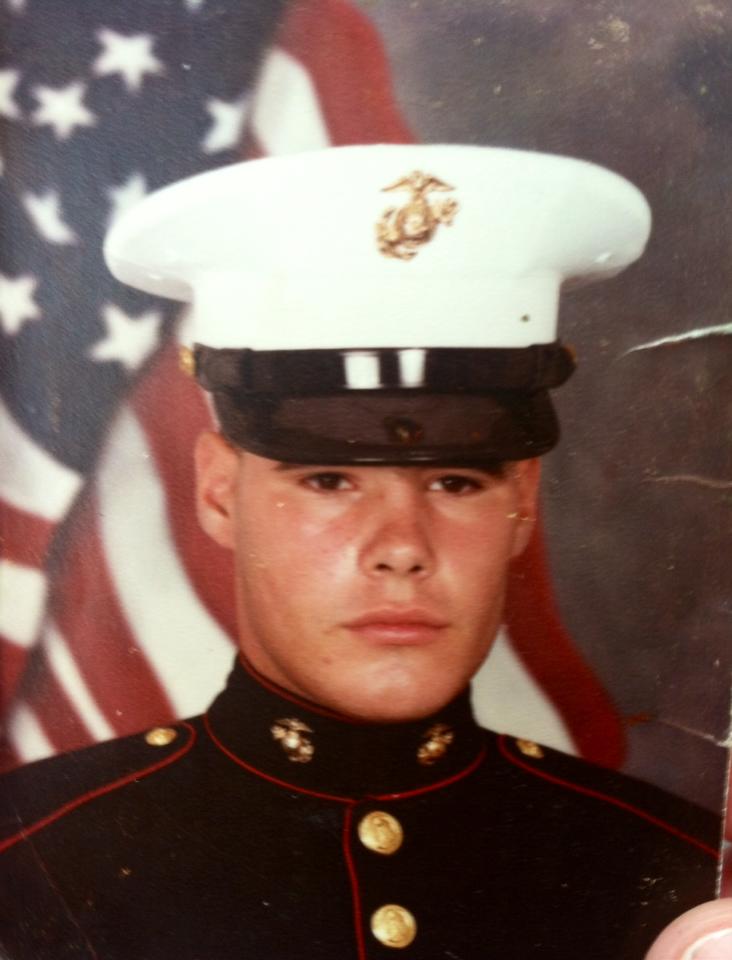
In April 1984, I picked up the phone to call the Navy recruiter’s office on Fordham Road. I expected to talk about following in my uncles’ and grandfather’s footsteps, but instead, a Marine recruiter answered. “Staff Sergeant Ansberry, United States Marine Corps. How can I help you?” Surprised, I told him I wanted to join the Navy, but he pressed me with questions about why. After a few minutes, he had me intrigued and convinced me to come in to chat. He recommended the "Delayed Entry" program, a year-long wait before boot camp. But with my daughter on the way, I needed to move fast—I needed a stable income and health insurance. Within days, my world shifted into high gear. Exams, medical tests, papers to sign, and oaths to take. Just one week later, I was at Parris Island in South Carolina, my head shaved, facing the most intense physical challenges I’d ever experienced. Food was scarce, and the pounds melted off. But every step brought me closer to something bigger than myself. By July 1984, I graduated from boot camp, and just a few months later, in November, I became a father. Holding my baby girl in my arms, I felt an overwhelming love I hadn’t known before. Even as a teenager, I was entirely captivated by her. Life wasn’t easy. We lived paycheck to paycheck, and I picked up a second job just to keep us afloat. Less than a year later, our family grew with the arrival of our son. With two young kids, my responsibilities felt enormous, but I was determined to give them a life I had only dreamed of. Eventually, I deployed on a Navy ship to the Mediterranean. It was everything I had imagined: new countries, new cultures—a world beyond anything I’d known. Those were some of my best days in the Marine Corps, days I never wanted to end. But as much as I loved the adventure, I missed my family deeply, especially my son, who hadn’t yet met his father. When my service took us across the United States, we eventually returned to the Bronx, full circle. That journey shaped who I am today—a journey built on love, determination, and the will to create a better life.

After the Marine Corps, I went back to work, taking a job at a fast-food restaurant, and soon enough, the pounds crept back on. I felt stuck, craving something different, so I moved into sales with a large insurance company. Around this time, my youngest son was born, bringing joy but also more responsibility. Despite my efforts, the financial strain and the uncertainties that loomed over our lives began to take a toll on my marriage. My wife and I eventually chose to separate, both of us searching for stability and clarity we couldn’t seem to find together.
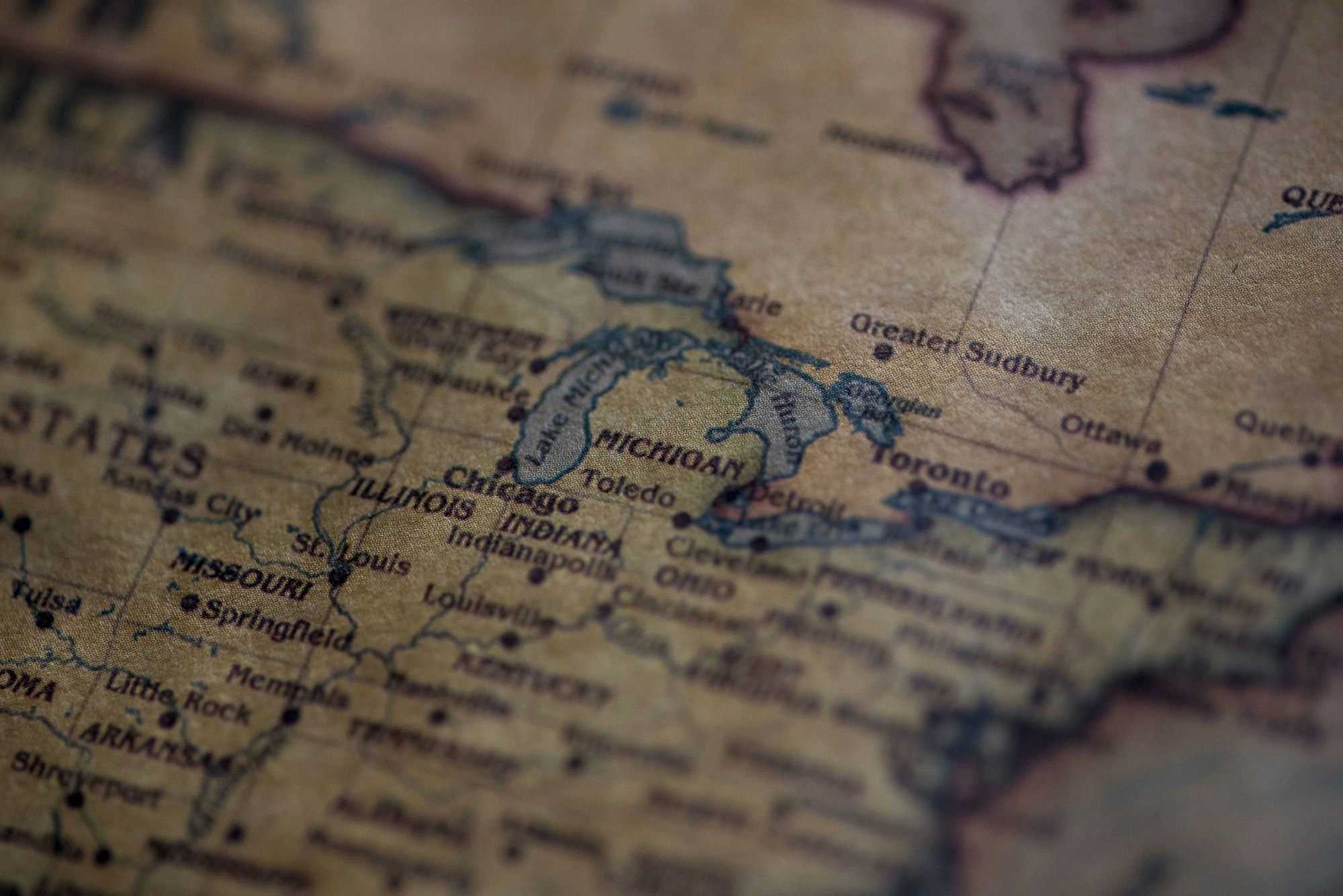
Moving to Michigan was a whole new world. People were friendly, though I wasn’t used to that level of openness. My New York accent made me stand out, and it seemed everyone wanted to chat, curious about my background. Most were down-to-earth, focused on family, the outdoors, and simple pleasures. For many, relaxation meant heading up north to a cabin, or taking to the woods with a snowmobile, 4-wheeler, or dirt bike. Riding through those trails felt like a rite of passage here, though the solitude of the woods was something I was still getting used to.

And then came my darkest day. Mother’s Day in May 2002, a day meant for family and celebration, turned into the worst day of my life. We were gathered at my house, sharing laughter and gifts. I had just handed her a present when the phone rang. It was my ex-wife’s husband, and his words took my breath away. My middle child—my son—had been in an accident. Immediately, I asked which hospital he was in, clinging to hope. But then came the words that shattered me: he hadn’t made it. In that instant, everything went numb. I was devastated, lost in a whirl of disbelief and pain. The reality felt too heavy, too impossible. We got into the car and began the three-hour drive up north to be with the family, my mind reeling. My cousin, who had also moved to Michigan, met us on the road, and her husband drove me the rest of the way, holding my hand as I tried to make sense of the unimaginable. During that drive, my mind drifted through countless thoughts and memories. The sadness wasn’t just for myself, for the loss of time we’d never share, but for him. He would never get to fall in love, never experience the thrill of his first kiss or the joy of holding his own children. My daughter had lost her Irish twin, her closest friend, and my youngest son had lost the brother he looked up to. There was a lifetime of memories we’d never create, moments we’d never share. His absence left a hole in each of us, a void we would never fill. Losing him changed me to my very core. It was like an earthquake that moves the ground beneath you. Japan once shifted eight feet west in a single event, and though the landscape looked the same, it was forever altered. That’s how I felt—like the world around me might still look familiar, but I was changed. His passing is a weight I’ll carry always, a loss that echoes through every part of me.

After my son passed, I sank into a deep, immobilizing grief. I spent three months barely able to get out of bed, and my business suffered as I fell into a dark state of depression. I sought help and was prescribed medication, but it numbed me completely—I felt neither joy nor sadness, just a dull emptiness. Trying to move forward, I took a job with a friend in the subprime market, where I convinced him to make me his IT manager. He agreed, sending me to classes where I discovered the intricacies of networks. It was a welcome distraction, a small way to re-engage with the world outside my grief.

On January 13, 2013, I woke to an intense, searing pain in my chest. I’d brushed off similar pains before, thinking it was just GERD, and even a gastroenterologist client’s advice to see a cardiologist hadn’t changed my mind. But that morning, as the pain worsened, I found myself being rushed to the hospital. The doctors performed an emergency catheterization that saved my life, and it wasn’t until a follow-up appointment that I grasped the severity of my condition. My cardiologist explained that my left anterior descending artery had been completely blocked—the “Widow Maker,” he called it, the “Silent Killer.” He told me that if my situation had been any worse, I wouldn’t be here today. It was a harsh wake-up call.
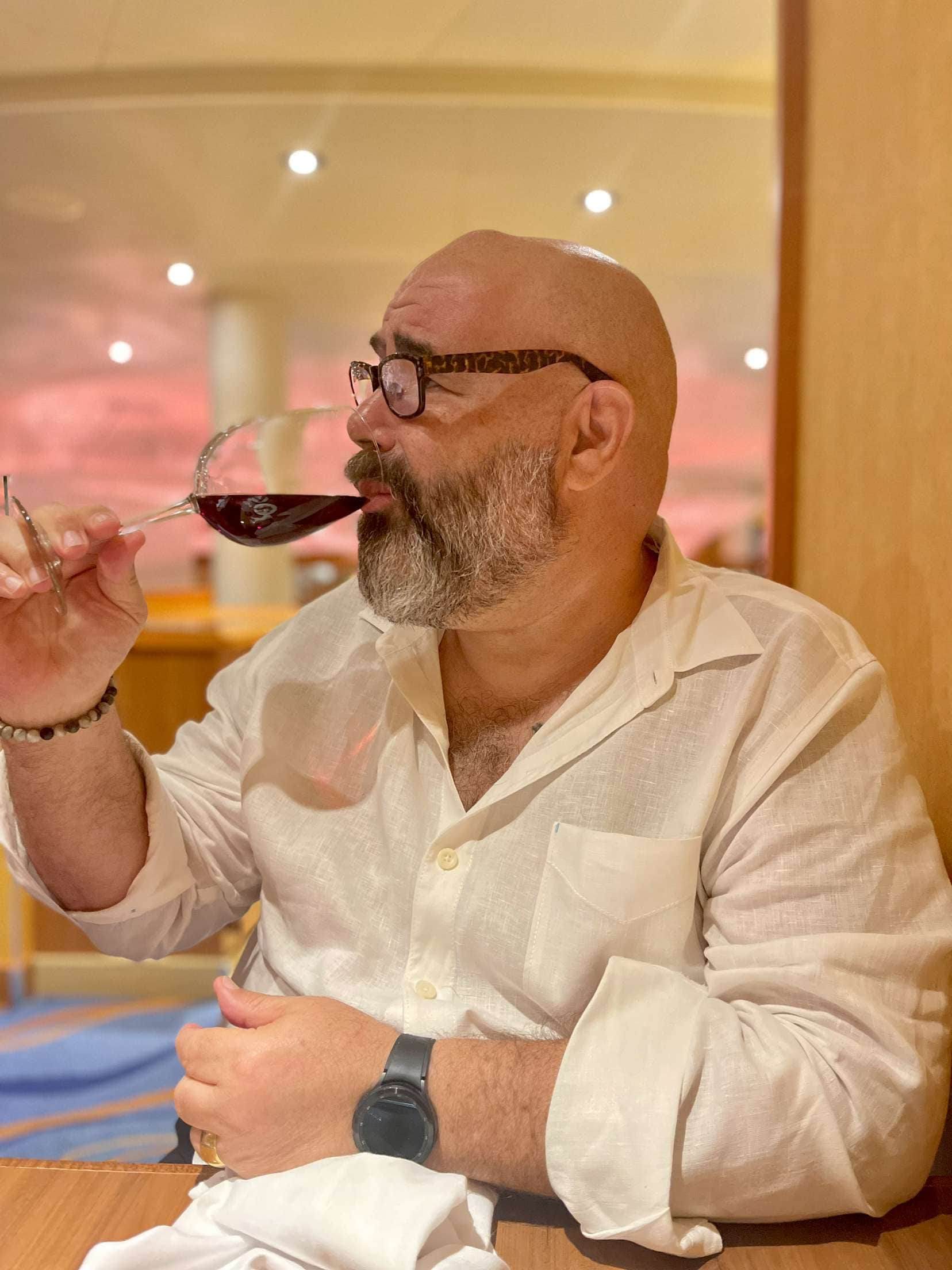
I’d love for you to join me on this journey. If I can inspire you to improve your health, launch a new venture, or reconnect with someone dear to you, then we both win.
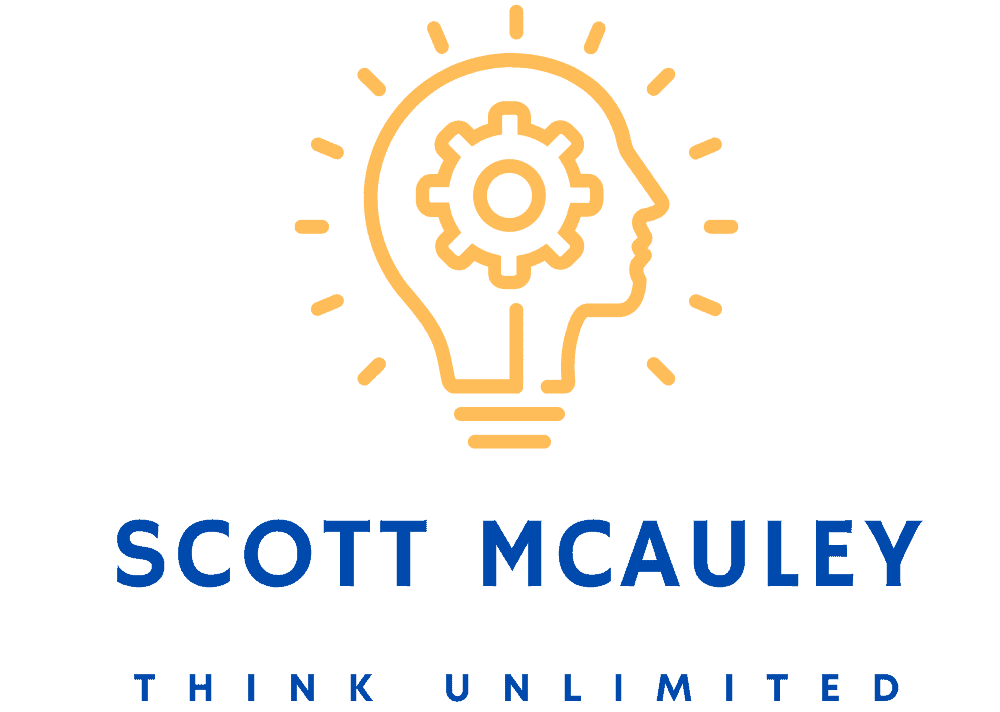
Mailing Address
21175 Tomball Parkway
#361 Houston,
Texas 77070
Guest Blog Posting Inquires
Interested In Gust Blogging?
info@scottmcauley.com
Sign up for newsletter
Scott McAuley.com © 2024 All rights reserved